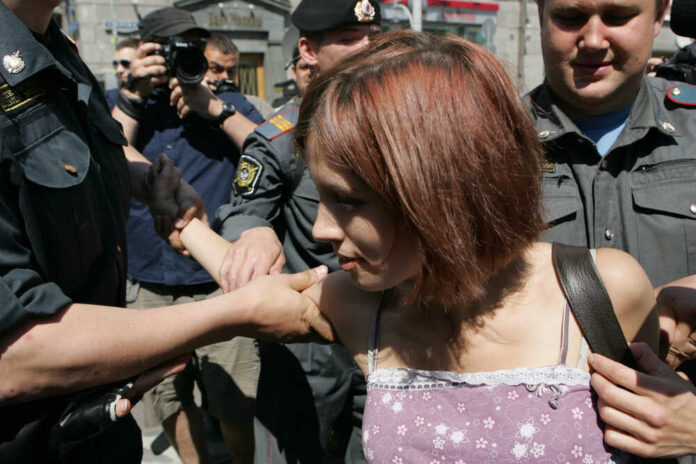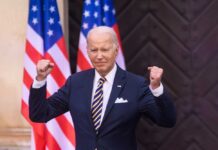
Russia has transformed in the last ten years from a nation that allowed for some opposition to one that brutally represses it, with frequent occurrences of arrests, prosecutions, and lengthy jail sentences.
Now, the Kremlin is going after civil society organizations, LGBTQ+ activists, independent media, certain religious groups, and rights groups.
Gen. Gennady Lopyrev, who was found guilty of bribery in 2017, is the most recent addition to the long list of opponents who have passed away. Reports indicate that thirteen prominent Russian businesspeople have passed away in the last year, with six of them being associated with Gazprom and Lukoil, the two most giant energy corporations in Russia.
Among the 1,141 Russians incarcerated on politically motivated accusations, Memorial, a Human Rights organization founded in Russia, thinks that 680 are political prisoners. After Putin’s ascension to power in 2000, he gradually instituted crackdowns. According to Mikhail Khodorkovsky, an exiled oil magnate who spent a decade behind bars for defying Putin, the Kremlin had already begun repressing opposition before his 2003 arrest.
Nadya Tolokonnikova and the rest of her band, Pussy Riot, were sentenced to two years in jail after being detained in 2012 for playing an anti-Putin song in a prominent Moscow Orthodox church.
Protests followed Putin’s re-election as president in 2012, and a slew of legislation was passed to crack down on demonstrations and give the government extensive powers to censor websites and monitor internet users. There was a rush of arrests and incarcerations because the Kremlin felt they were Western-inspired.
An upsurge in patriotism and Putin’s popularity followed Russia’s 2014 annexation of Crimea, giving the Kremlin more confidence. Several rights groups and NGOs that received funding from outside were criminalized for being considered “undesirable,” and anyone who backed these groups online faced prosecution, fines, and even prison time.
Repressions were more severe with Navalny’s poisoning, recovery in Germany, and subsequent incarceration and death upon his return to Russia in 2021.
Who’s next?














